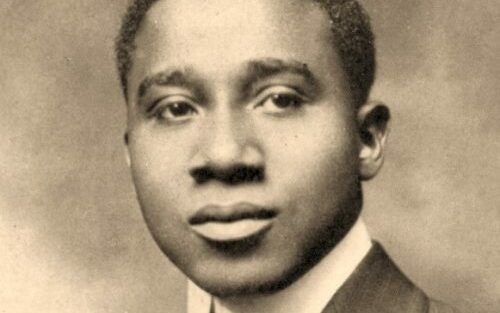
THIS WEEK IN PIANO HISTORY, we celebrate the birth of composer and virtuoso pianist, R. Nathaniel Dett, who was born 140 years ago on October 11, 1882. Though born in Niagara Falls, Ontario, Dett spent most of his life in the United States. A prodigious child, Dett received piano lessons when he was young and quickly developed interests in musical composition. At a benefit concert at the Cataract Hotel, a man named Frederic H. Goff heard Dett’s musical talents and offered to pay for his tuition for study at the Oberlin Conservatory of Music.
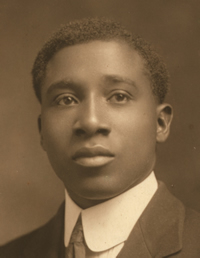
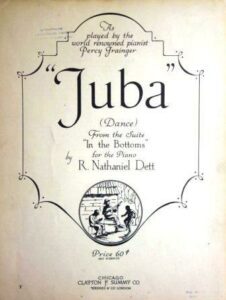
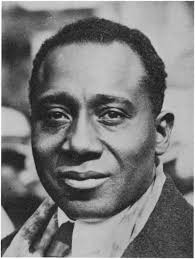
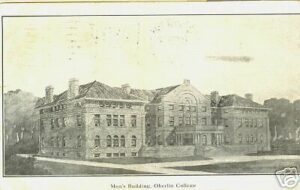
Upon his graduation from the Oberlin Conservatory of Music in 1908, Dett was the first Black American to receive the school’s Bachelor of Music degree, double majoring in piano and composition. His study did not end there – Dett received a master’s degree from the Eastman School of Music in 1932 and he pursued lifelong musical study, including summer study with Arthur Foote at Harvard and with Nadia Boulanger in Fountainbleau.
Although Dett was influenced by a number of composers and performers, Dett’s compositional journey truly began upon hearing Dvorak’s “American” Quartet in a concert at the Oberlin Conservatory of Music. Dett recollected about the performance: “Suddenly it seemed I heard again the frail voice of my long departed grandmother calling across the years; and in a rush of emotion which stirred my spirit to its very center, the meaning of the songs which had given her soul such peace was revealed to me.”1 From this point forward, Dett strove to incorporate spirituals and other African American folk songs into his music.
Besides his musical compositions and work as a performing artist, Dett was a passionate writer. As a child, Dett’s mother required him to recite poetry, which developed his lifelong love of writing. Multiple collections of his work have been published including his poems in a work called The Album of the Heart. His essay, The Emancipation of Negro Music, won a literary prize during his study at Harvard University in 1920. Dett’s love of poetry shows up in his musical publications, many of which include short excerpts from various poems.
Dett’s piano music consists of six suites largely in the Romantic style. His most popular suite, In the Bottoms, was a success in his concert tours and was further popularized by pianist and composer, Percy Grainger, who recorded the final movement, Juba, in 1945.
The legacy of R. Nathaniel Dett is undeniable. He taught at multiple colleges and held guest professorships at institutions such as Northwestern University. Dett received multiple honorary doctorates including from Howard University and the Oberlin Conservatory of Music. In addition, he inspired generations of future composers with his brilliant examples of preserving African American folk music and spirituals.
Footnotes:
- “About Nathaniel Dett,” accessed October 2, 2022, http://nathanieldett.org/.

Want to learn more about influential black composers? Check out these resources:
ONLINE COURSE: Unsung Heroes in Piano Pedagogy: 20 Pieces by Black Composers to Use in Your Studio Now, led by Leah Claiborne
ARTICLE: “Hidden Figures” in Piano Pedagogy: Leveling Piano Music by Black Composers, by Leah Claiborne
ARTICLE: Reclaiming an Alternative History: New Piano Music of Florence Price, by Asher Armstrong